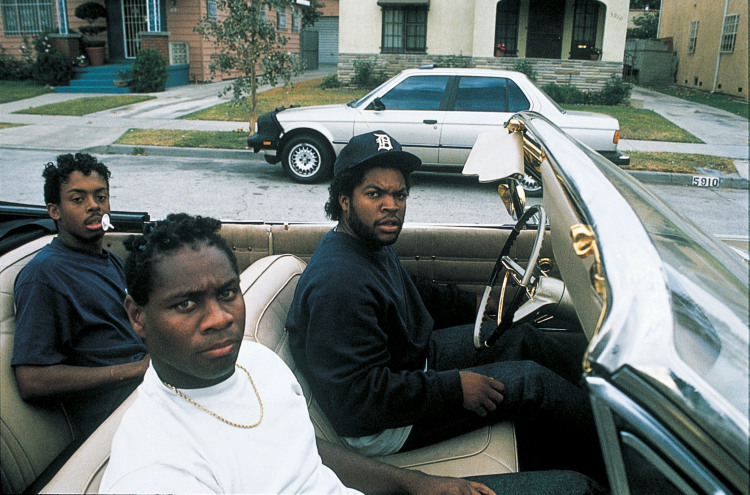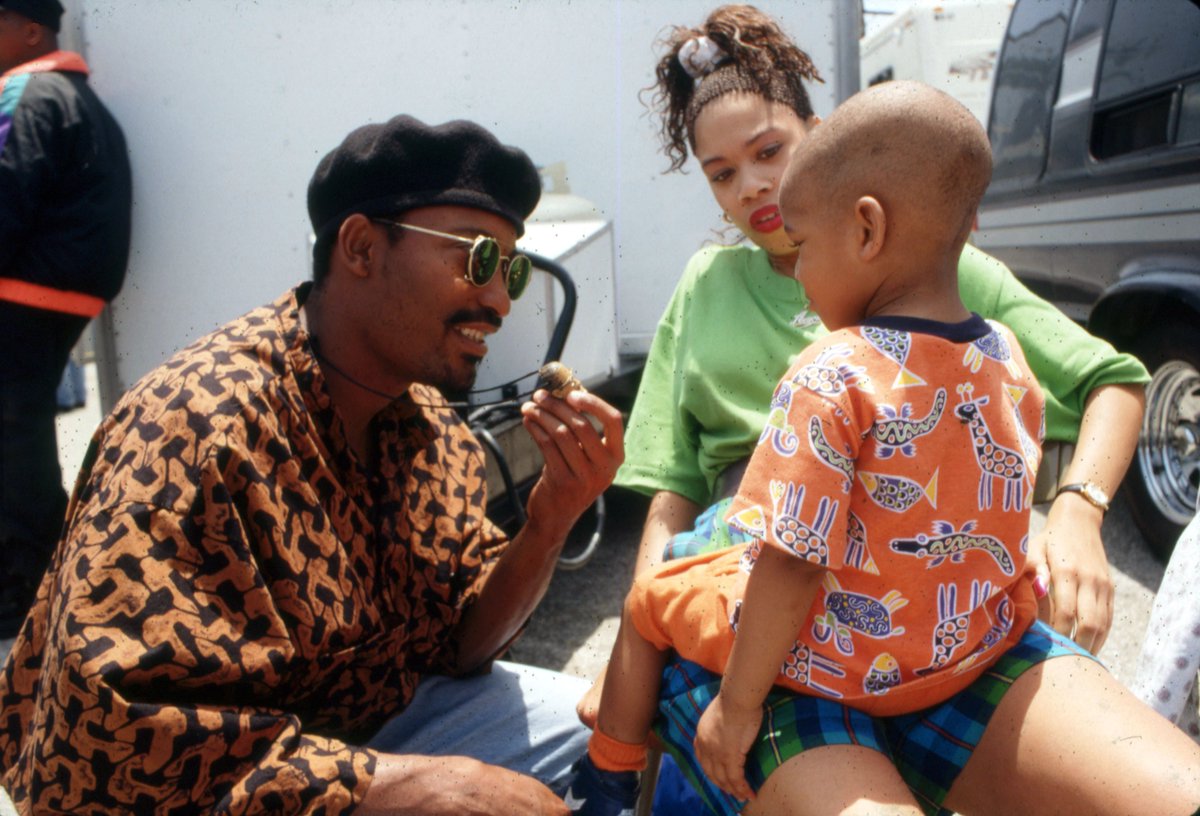
Justin Torres lost his gold chain.
“I’d worn and worried that cross back and forth on its chain for some two decades,” he writes. latimes.com/lifestyle/imag…
“I’d worn and worried that cross back and forth on its chain for some two decades,” he writes. latimes.com/lifestyle/imag…
“Only when the cross went missing did I even realize I’d held on to it. I hadn’t been careful, or clinging, or conscious of the value and meaning I’d bestowed. I simply never took it off.” latimes.com/lifestyle/imag… 

It’s not unusual, though, for Justin Torres to lose things. He’s a chronic loser.
“A chronic loser constantly misplaces everything... Sometimes they are recovered, mostly they are not,” he writes. latimes.com/lifestyle/imag…

“A chronic loser constantly misplaces everything... Sometimes they are recovered, mostly they are not,” he writes. latimes.com/lifestyle/imag…


"I once left a laptop on a train, which contained the only copy of a manuscript I’d been working on for years," writes Justin Torres. "But never in all that time did I lose any of my chains, or my gold cross. Until one day, I did." latimes.com/lifestyle/imag… 

But why, for a chronic loser, was this chain different?
“I came to feel the cross helped me to think...I realized, too, how ridiculous this was; I’d never considered myself a fetishist, but as it turns out, I’ve got a thing for chains.” latimes.com/lifestyle/imag…
“I came to feel the cross helped me to think...I realized, too, how ridiculous this was; I’d never considered myself a fetishist, but as it turns out, I’ve got a thing for chains.” latimes.com/lifestyle/imag…

“How do we survive our own ambivalence?” Torres asks.
“One way is to fetishize. Perhaps the chains, and especially the crucifix, became totems, able to neutrally absorb both hatred and desire.” latimes.com/lifestyle/imag…

“One way is to fetishize. Perhaps the chains, and especially the crucifix, became totems, able to neutrally absorb both hatred and desire.” latimes.com/lifestyle/imag…


Read Justin Torres’s essay on the gold chain that got away.
Photos by Clifford Prince King:
latimes.com/lifestyle/imag…
Photos by Clifford Prince King:
latimes.com/lifestyle/imag…
This story is part of our issue on Remembrance, a time-traveling journey through the L.A. experience — past, present and future. latimes.com/lifestyle/stor…
Order Issue 1 of Image: shoplatimes.com/image
• • •
Missing some Tweet in this thread? You can try to
force a refresh









